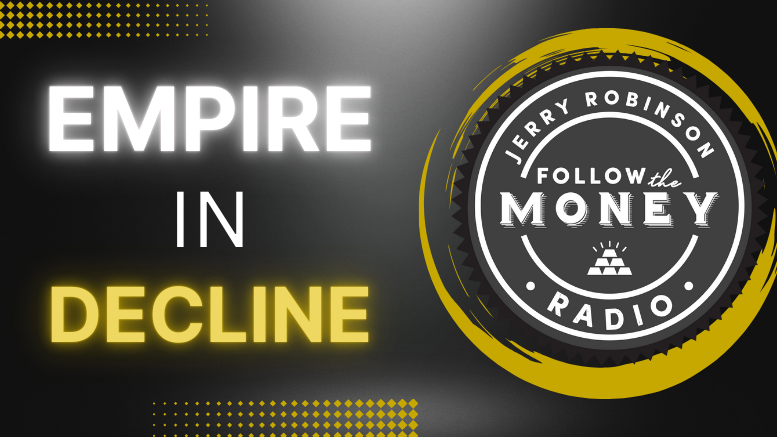(U.S. News and World Report) – Retirement won't be impossible for Generations X and Y, but they will need to save considerably more than the baby boomers to make up for less employer and government help. Fewer young people have access to generous retirement benefits, including traditional pensions and retiree health insurance. And anyone born in 1960 or later must wait an extra year, until age 67, to claim the full amount of Social Security they are entitled to. Those who claim at the same age their parents did will get less. Here are some ways 20- and 30-somethings can get on track to retire comfortably.
[See 10 Places to Buy a Retirement Home for Under $100,000.]
Set a worthy goal. In a 2010 survey of 226 registered investment advisors commissioned by Scottrade Advisor Services, more than three–quarters (77 percent) suggested a retirement savings goal of at least $2 million for members of Generation Y, defined by the study to include those ages 18 to 26. Sixty-eight percent of the investment advisers said members of Generation X should also aim to save more than $2 million. "For a generation Y person who thinks she wants to retire at around age 70 who is going to have slightly above-average annual expenses, $2 million is probably the right number," says Michael Farr, president of the Washington, D.C., investment firm Farr, Miller, & Washington and author of A Million Is Not Enough: How to Retire With the Money You'll Need. But he cautions, "Most people who have high incomes and the ability to set aside $2 million will likely have more expensive lifestyles."
However, other studies have found that young people may be able to get by on less in retirement. Human resources consulting firm Aon Hewitt calculated that Generation Y workers, who it defines as people ages 18 to 30, will need 18.7 times their final pay for retirement, including Social Security, traditional pension plans, and personal savings, to maintain their current standard of living after retirement at age 65. For someone whose final salary is $75,000, that's just over $1.4 million, and Social Security will provide part of that. For Generation Xers ages 31 to 45, Aon Hewitt estimates they will need 16.1 times their final salary to pay for retirement. "A higher earner will probably continue to spend more in retirement," says Janet Tyler Johnson, a certified financialplanner and president of JATAJ Wealth Management in Fitchburg, Wis. "It's really dependent on how much you need in retirement."
Keep reading > >






